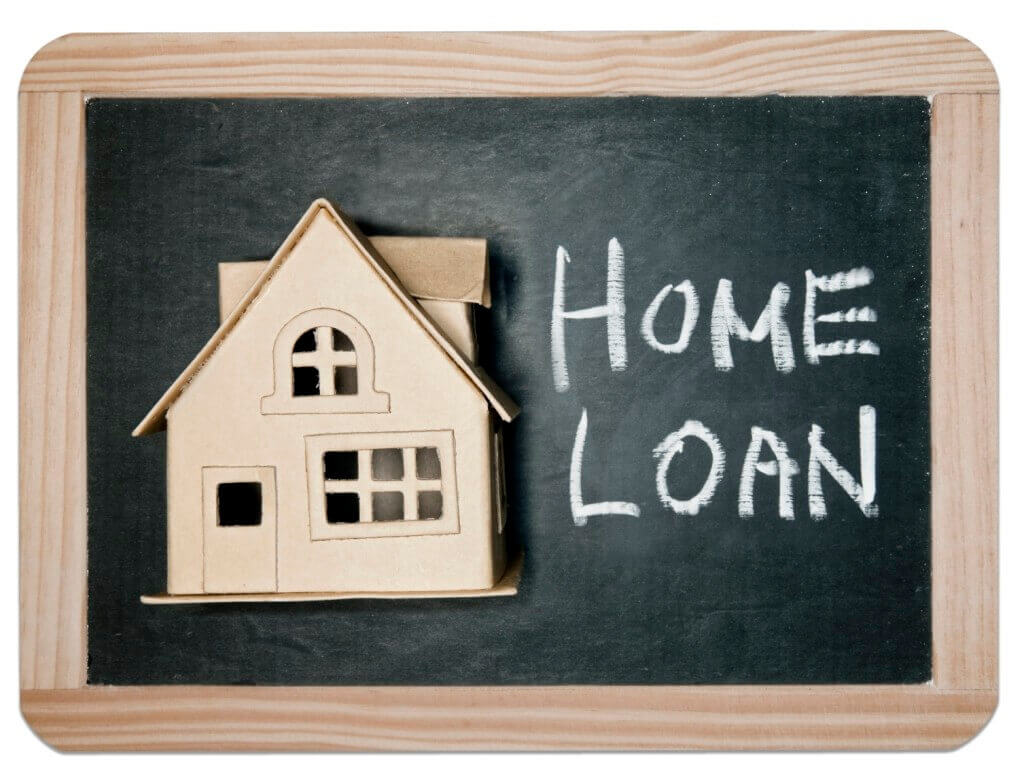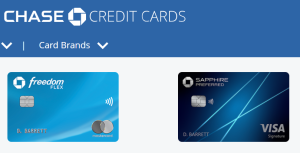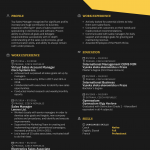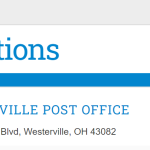Government-Backed Home Loans
If you’re in the market to buy a home Loans, but don’t have enough money to make a down payment, you can get a loan through a Government-backed program. These programs make it easier than ever to qualify for a home loan. Learn about the requirements for applying for home loans, how to find the best mortgage rates, and more.
Government-backed programs make it possible to qualify for home loans
There are many government-backed programs that can help you qualify for a home loan. Many of these programs offer low down payments and flexible qualification requirements. VA and USDA loans, for instance, allow borrowers to finance 100% of the total cost of a home, and the FHA loan requires only 3.5% down. In addition, the FHA program requires a lower credit score, and the interest rate may be lower than traditional loans.
These loans are only available through approved lenders. These loans are often more affordable than conventional loans and are easier to qualify for. However, they often have strict requirements, so it’s important to learn about all the requirements and the process before you apply. Government-backed loans are a great option for first-time home buyers and those who have credit problems.
Federal government-backed home loans are available through approved private lenders. These lenders include credit unions, banks, and online lenders. You can search for a lender by ZIP code or enter your credit information to find a qualified lender. If you have a military connection or have a great deal of income, you can even apply for an Uncle Sam mortgage. But be aware of the loan limits – it may be difficult to buy a home in a high-cost area.
Many people don’t have the money to put down a large sum of money. However, government-backed home loans can make it possible to qualify for a home loan with a low down payment and low credit score. The down payment amount depends on the type of loan you are applying for, but the interest rate is low and monthly payments are affordable.
In addition to these programs, there are also some government-backed loans. These loans are usually not as expensive as conventional mortgage loans and may be more flexible. However, they may require mortgage insurance. These loans are not as popular as traditional loans, but they are available. When you compare the two, you’ll find that they’re very different. The conventional mortgage loan is often a more suitable choice over a government-backed loan.
The USDA home loan program is a government-backed loan that is designed for rural areas. You don’t need a credit score to apply for a USDA loan, and you can qualify for a zero-down payment if you’re located in a rural area.
Requirements for loan modification
Home loan modification is a good option for many people who can’t make their monthly mortgage payments. It can lower monthly payments to a manageable level so that the borrower doesn’t face imminent default. It can also save thousands of homeowners from foreclosure. However, it is important to note that a loan modification is not a substitute for refinancing your loan. If you want to apply for a loan modification, it is important to first contact your loan servicer. The loan servicer is the company that collects your monthly mortgage payments.
To apply for a loan modification, contact the loan servicer and provide supporting documentation. Most people qualify for loan modification programs without the help of an attorney. However, they must have a steady income and complete a trial period plan, which is typically around three months. In order to be approved, you should have the required documentation to prove that your situation is a good fit for a loan modification.
Once you’ve obtained a copy of your financial information, you’ll need to prove your income to qualify for the program. Your lender will ask for documentation of your income and expenses, such as tax returns, pay stubs, or monthly bills. You’ll also need to provide details about your savings and assets, such as real estate. While the requirements for loan modification for home loans are very different between lenders, many lenders offer flexible modification programs that reduce payments by 20% or more. If you qualify, you can even extend the term of your loan, which will reduce your interest rate.
Loan modification is an option for homeowners who cannot afford their monthly payments. This is one way for home loan servicers to provide financial assistance during a tough time. It can make it easier to manage the mortgage, and it can help you get back on your feet. So, if you’re in the position of financial hardship and want to apply for a home loan modification, you should consider all of your options.
If you don’t want to refinance, you can also apply for a loan modification. A loan modification is different from refinancing because you change the terms of your loan directly with your lender. Most lenders will only agree to this option if the loan modification program will save you money in the short term.
Reverse mortgages
A reverse mortgage is a type of loan that allows homeowners to access the equity in their home. These loans are offered through private mortgage lenders or through the FHA. They can be taken out by homeowners who are 62 years old or older. They can receive the loan in the form of a lump sum payment, line of credit, or monthly annuity. However, before a homeowner can apply for a reverse mortgage, they must meet certain qualifications. The first requirement is that the homeowner must be 62 years or older and live in the home. In addition, the borrower must have paid off at least 50% of their existing mortgage.
Depending on the lender, reverse mortgages can have different interest rates. The interest rate of the loan will depend on many factors, including whether it is a fixed or adjustable rate mortgage. Some fees are rolled into the loan, while others will need to be paid out of pocket. Before deciding to apply for a reverse mortgage, be sure to meet with a housing counselor to find out about all the costs involved.
The funds you can withdraw from a reverse mortgage may range from 40 to 60% of the home’s appraised value. The amount that can be withdrawn depends on your age, your life expectancy, and the interest rates in place. In addition to determining how much you can withdraw, you must be 62 or older in order to qualify. Private lenders often offer a larger loan advance than FHA backed mortgages. Reverse mortgages are not available for all types of properties.















